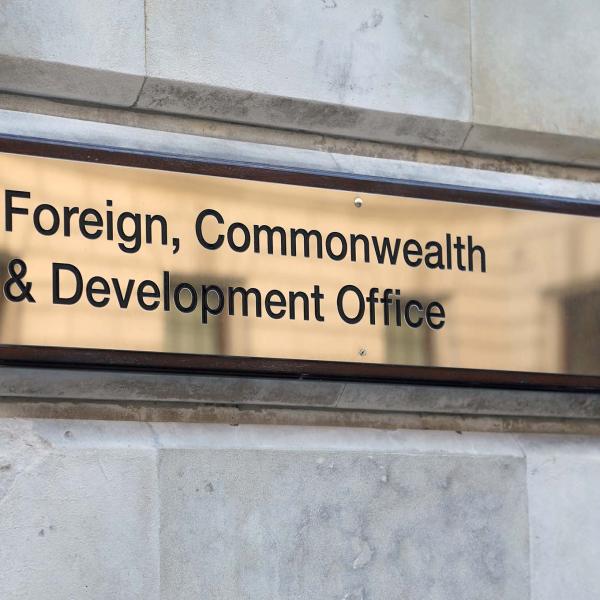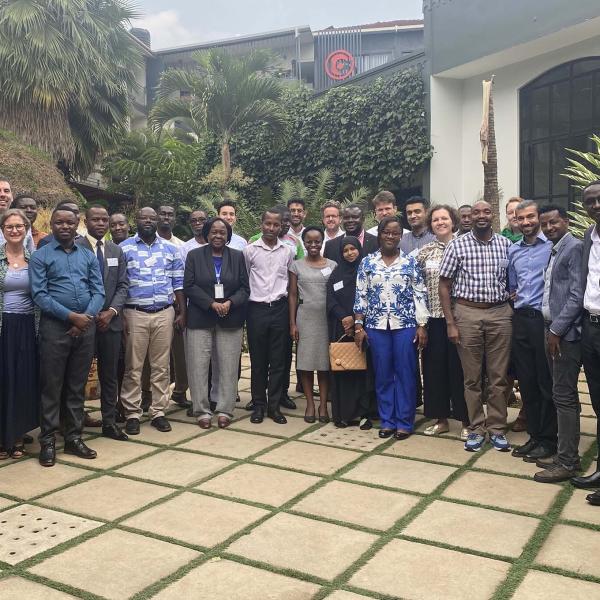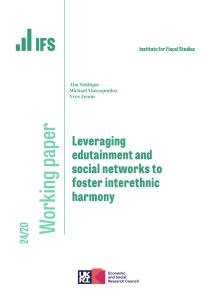Downloads

Download working paper here
PDF | 830.99 KB
We study the effects on intimate partner violence (IPV) of new information received by women only, men only, or both, relevant to a high-stakes joint household decision. We model communication between spouses as Bayesian persuasion where disagreements elevate the risk of IPV. Our framework predicts that IPV will be lower when only one spouse is informed, compared to when both are, as the opportunity for persuasion by one spouse leads to more agreement. To test the model’s predictions we leverage an existing randomized controlled trial of an edutainment intervention addressing child marriage decisions for girls in rural Pakistan, targeted at men, women, or both. Our empirical findings confirm the prediction that the likelihood of IPV is highest when men and women are jointly targeted. Due to systematic gender differences in preferences, our persuasion model further predicts that marriage delays are largest when targeting men alone or jointly with women and smallest when targeting women alone, predictions that are also confirmed in the data.
Authors

Research Fellow Royal Holloway University of London
Dan is a Research Fellow of the IFS and a Professor of Economics at Royal Holloway University of London and received his PhD from Lund University.

Research Associate World Bank
Rachel Cassidy is a Research Associate of the IFS and a Research Economist at the World Bank's Africa Gender Innovation Lab.

Amsterdam Institute for International Development
PhD Candidate Utrecht University
Associate Professor of Economics Utrecht University
PhD candidate Utrecht University
Working Paper details
- DOI
- 10.1920/wp/ifs.2024.2224
- Publisher
- Institute for Fiscal Studies
Suggested citation
Anderberg, D et al. (2024). Keeping the peace whilst getting your way: Information, persuasion and intimate partner violence. 24/22. London: Institute for Fiscal Studies. Available at: https://ifs.org.uk/publications/keeping-peace-whilst-getting-your-way-information-persuasion-and-intimate-partner (accessed: 30 June 2024).
More from IFS
Understand this issue

What is the case for carbon taxes in developing countries?
Carbon pricing can be a powerful tool for reducing greenhouse gas emissions. What are the risks and opportunities from such policies in developing countries?
4 November 2021

How did parents’ experiences in the labour market shape children’s social and emotional development during the pandemic?
1 August 2023

Gender inequalities in work and pay explained
20 March 2022
Policy analysis

Three ways to improve the design of the UK’s overseas aid spending target
18 January 2024

Distributional analysis of Ghana’s tax system
18 December 2023

FCDO renews TaxDev funding for the next seven years
19 September 2023
Academic research

Targeting men, women or both to reduce child marriage
28 May 2024

Forced displacement, mental health, and child development: Evidence from Rohingya refugees
10 May 2024

Leveraging edutainment and social networks to foster interethnic harmony
10 May 2024